Cemile Sahin wins Circa Prize 2023, exploring hope through Kurdish-inspired storytelling
The Circa Prize 2023, with an Ai Weiwei-designed trophy, goes to German artist Cemile Sahin for her work exploring lives affected by a dam project in Kurdish regions of Turkey
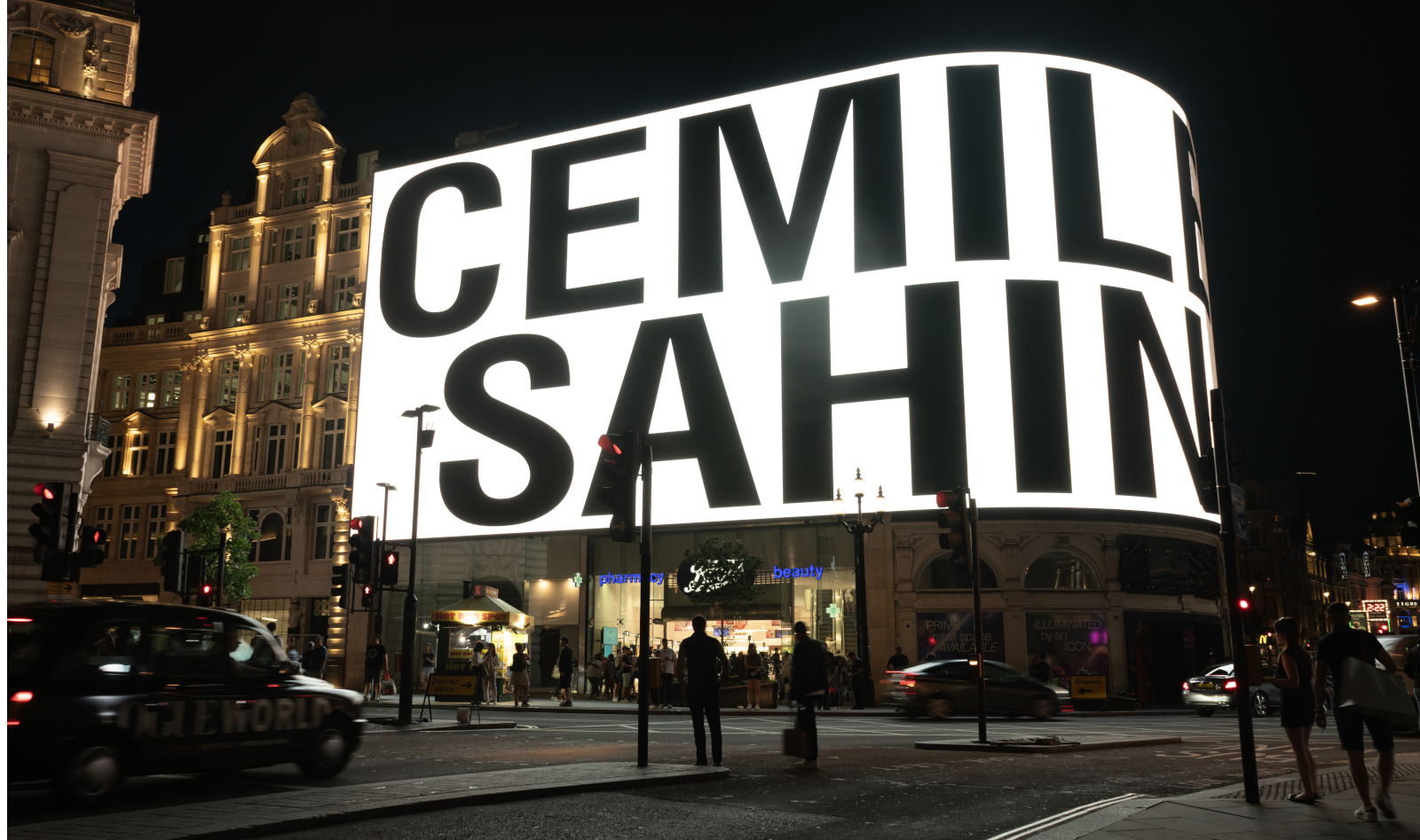
Cemile Sahin has been announced as the winner of the Circa Prize 2023 during a ceremony at London's Piccadilly Circus.
Sahin touched on personal family records when exploring the theme of hope for this year's Circa Prize. The German artist explored a variety of mediums, from film and literature to sculpture and photography, to create a fictional story, Four Ballads for my Father – Spring. Says the artist: ‘[It is] the story of a Kurdish family split between Paris and Istanbul: how their life was affected by the Southeastern Anatolia Project, a dam construction that ruptured communities in the Kurdish regions of Turkey.’
The layering of real-world sources, sewn into Sahin’s artistic vision, is what impressed the Circa Prize 2023 jury.
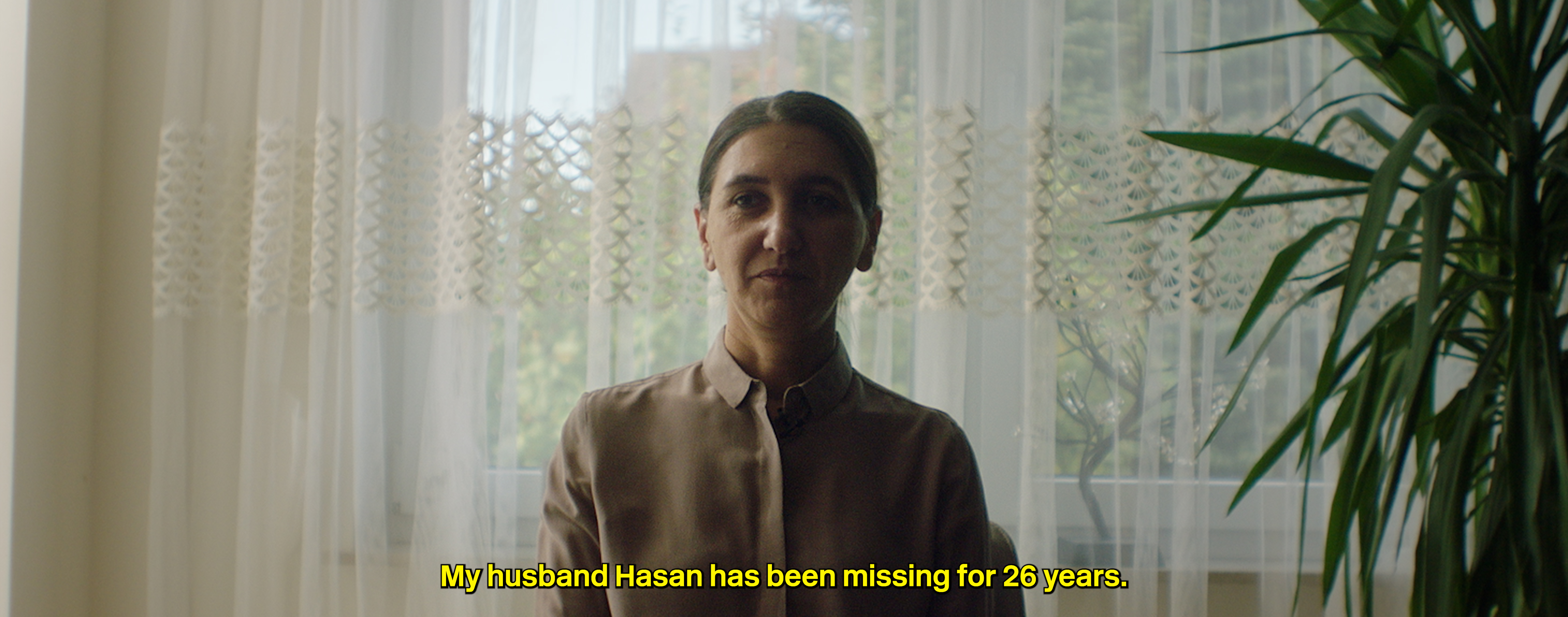
Four Ballads for my Father – Spring by Cemile Sahin
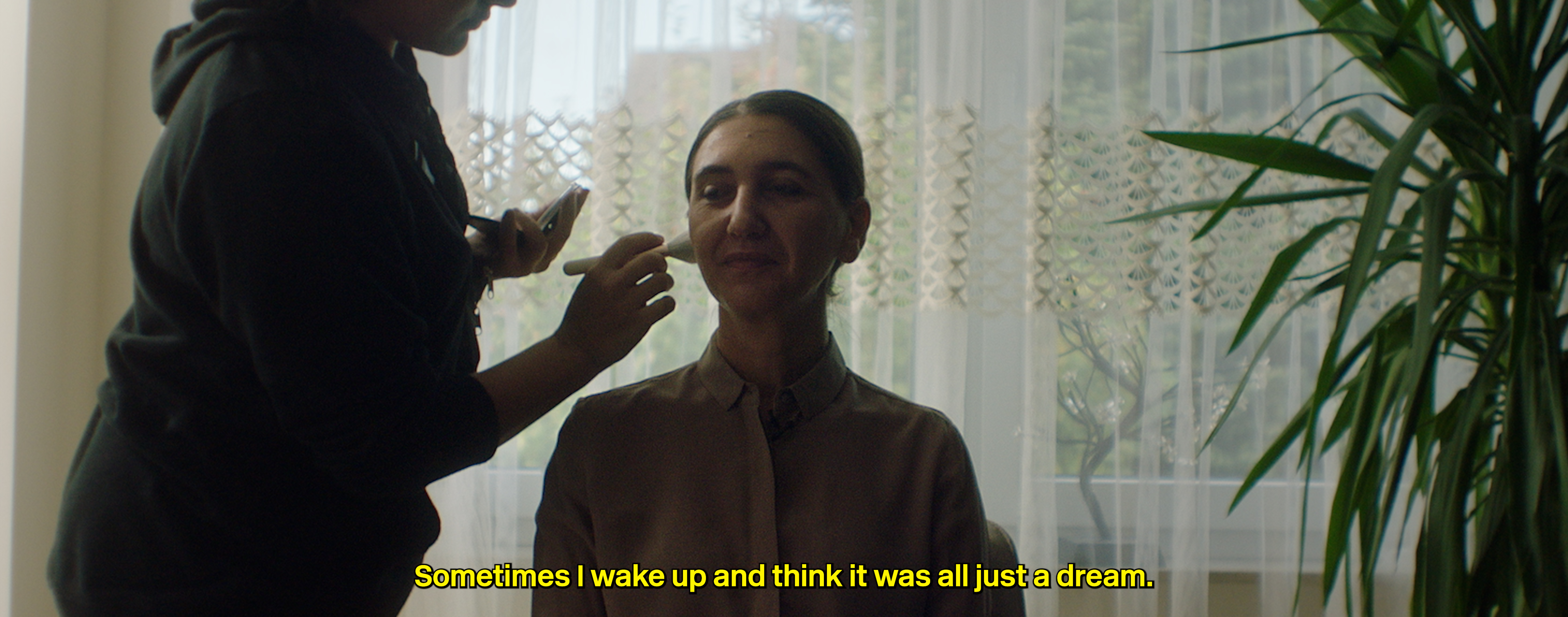
Four Ballads for my Father – Spring by Cemile Sahin
Artist Ai Weiwei designed the award out of Lego (a go-to medium for the artist as seen in his largest Lego artwork for the London Design Museum) especially for this year's winner. The award was presented to Sahin during the live 20-minute ceremony at Broadwick Soho, by Shirin Neshat and Michèle Lamy.
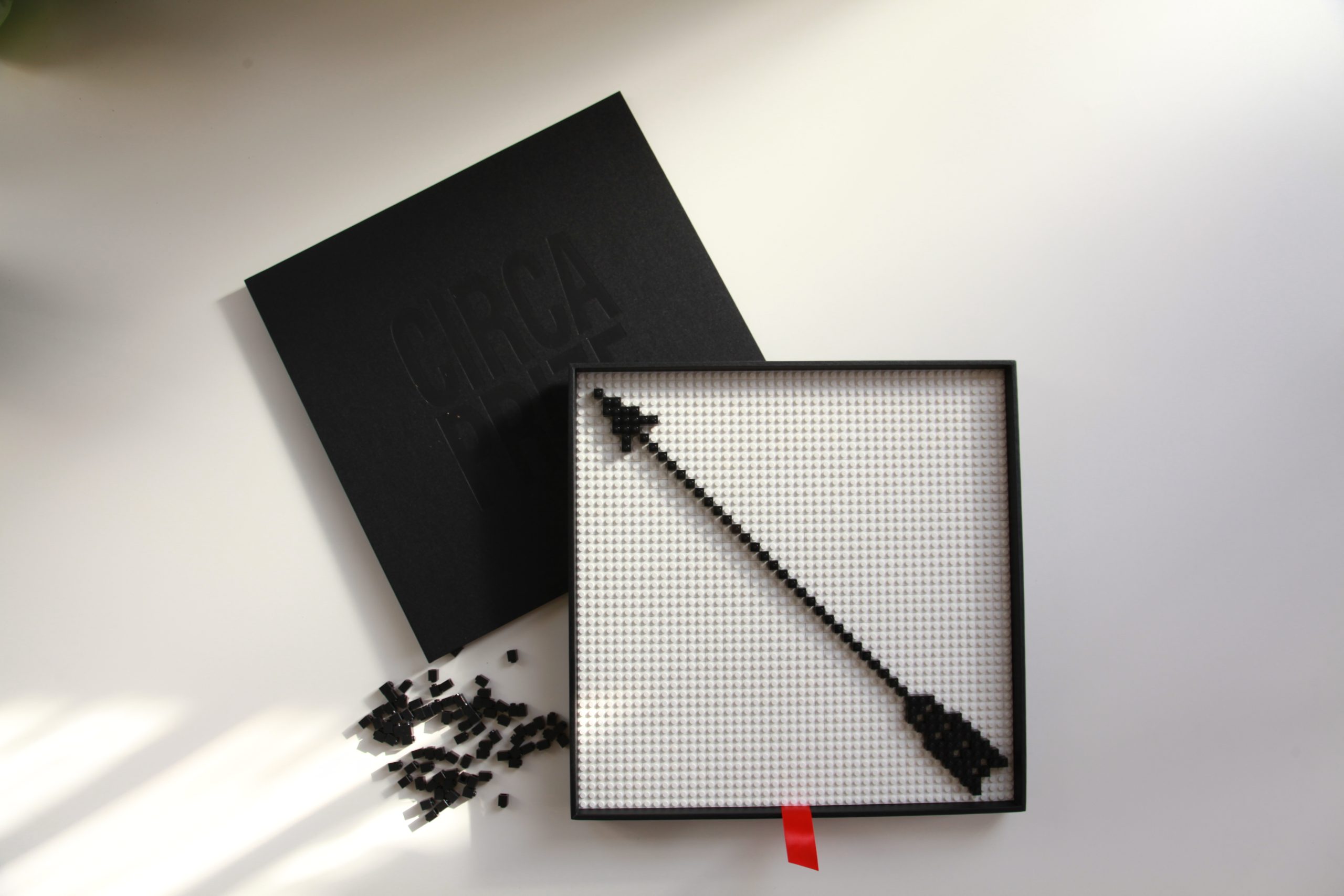
The Circa Prize 2023 trophy designed by Ai Weiwei
The winning 2.5 minute film was submitted alongside 1,000 other entries from artists worldwide, all presenting their own take on hope. Recent graduates from the Royal College of Art, JJ Agcaoili & Xin Wen, received the most public votes for their film EMERGE:NCY, which involved 3D imagery and remapping, shown across the Piccadilly Lights screen.
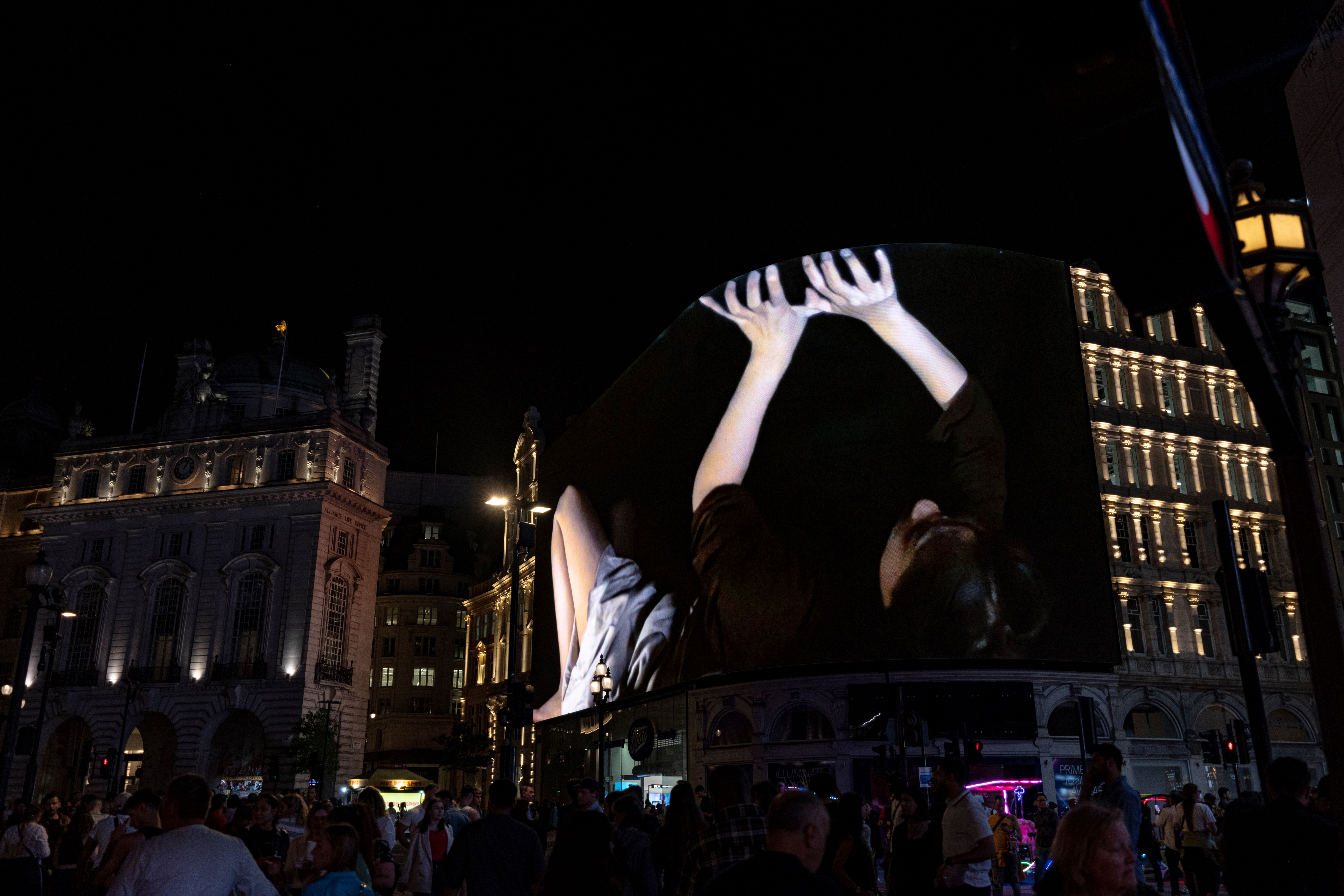
JJ Agcaoili & Xin Wen, EMERGE:NCY
‘Making a film means hope,' says Sahin. 'Making a contribution to this precarious cinema means hope. Above all, it is “hope” that tells the stories in a language that belongs to 40 million people, although the Kurdish language was forbidden in Turkey. Speaking comes with hope and becomes cinema: that this can be narrated in a film and thus be preserved. Everything that finds its way into a film is something which cannot be banned and therefore cannot be lost anymore. And this is for the future yet to come: that keeps growing and developing – with images that cannot be destroyed anymore. It is simple: this is the opposite of war and that is the greatest hope of all.’
Receive our daily digest of inspiration, escapism and design stories from around the world direct to your inbox.
Tianna Williams is Wallpaper’s staff writer. When she isn’t writing extensively across varying content pillars, ranging from design and architecture to travel and art, she also helps put together the daily newsletter. She enjoys speaking to emerging artists, designers and architects, writing about gorgeously designed houses and restaurants, and day-dreaming about her next travel destination.
-
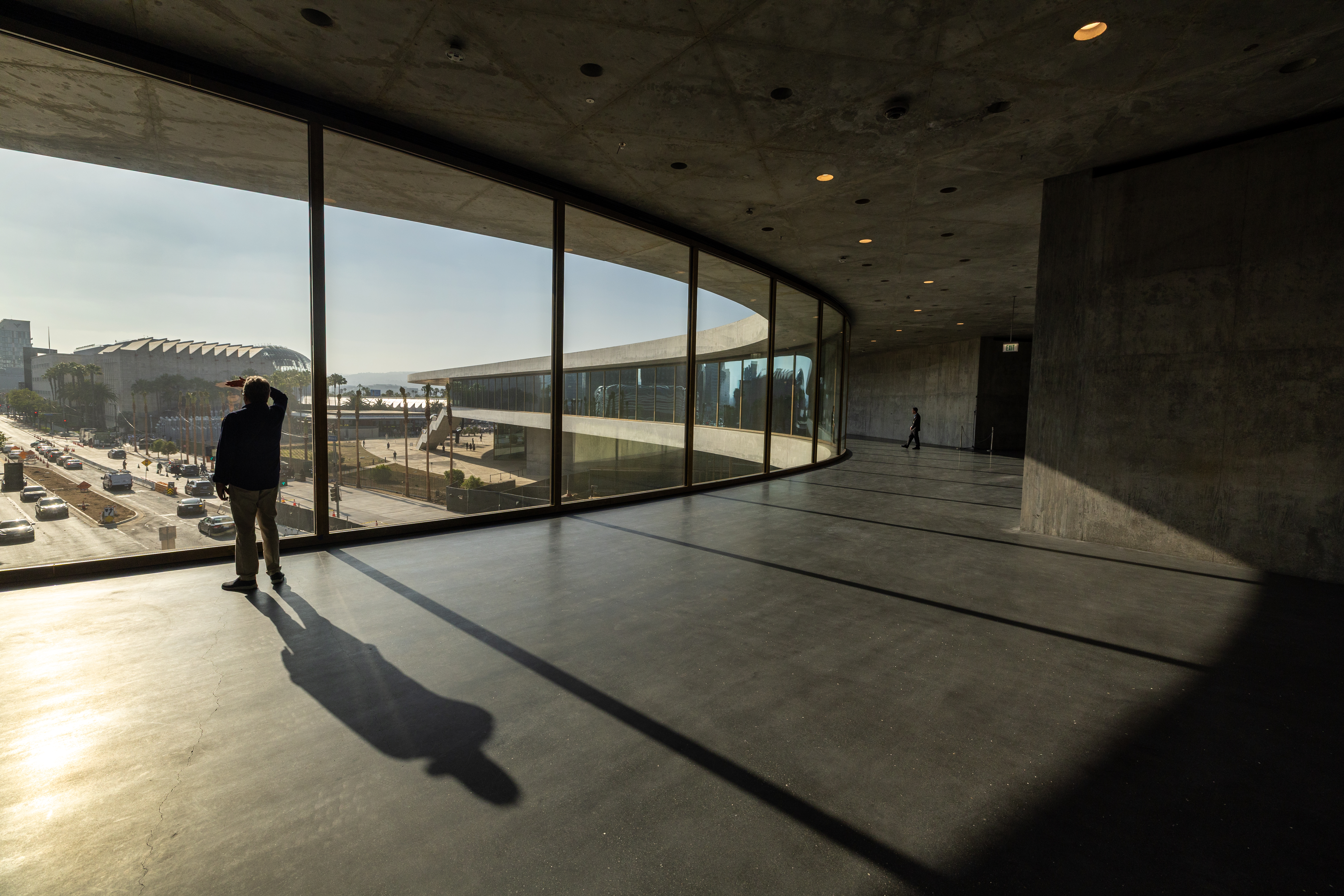 The great American museum boom
The great American museum boomNine of the world’s top ten most expensive, recently announced cultural projects are in the US. What is driving this investment, and is this statistic sustainable?
-
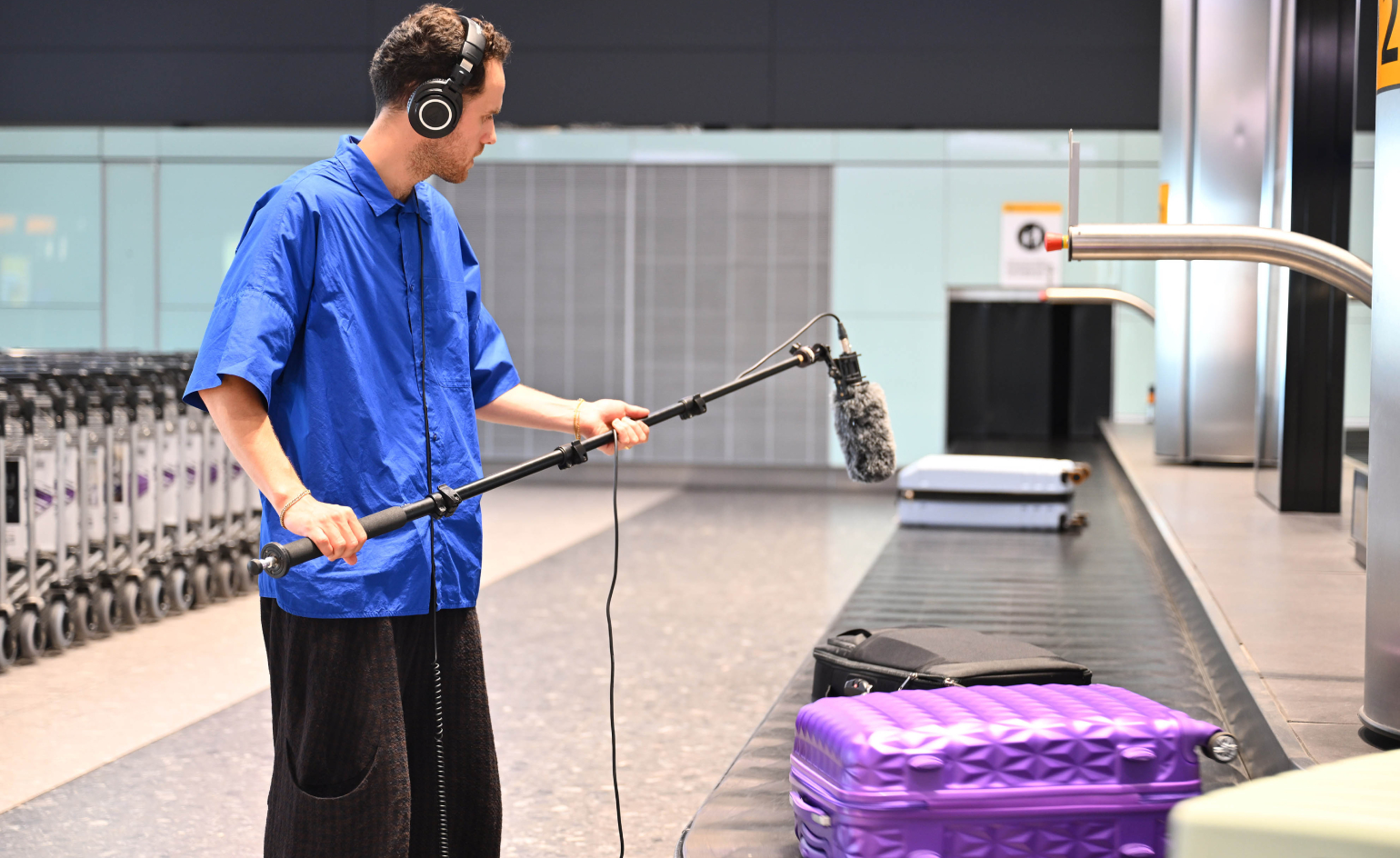 Here’s how Heathrow is reimagining airport chaos as ambient music
Here’s how Heathrow is reimagining airport chaos as ambient musicGrammy-nominated Jordan Rakei turns travel noise into a meditative soundtrack by sampling everything from baggage belts to jet engines
-
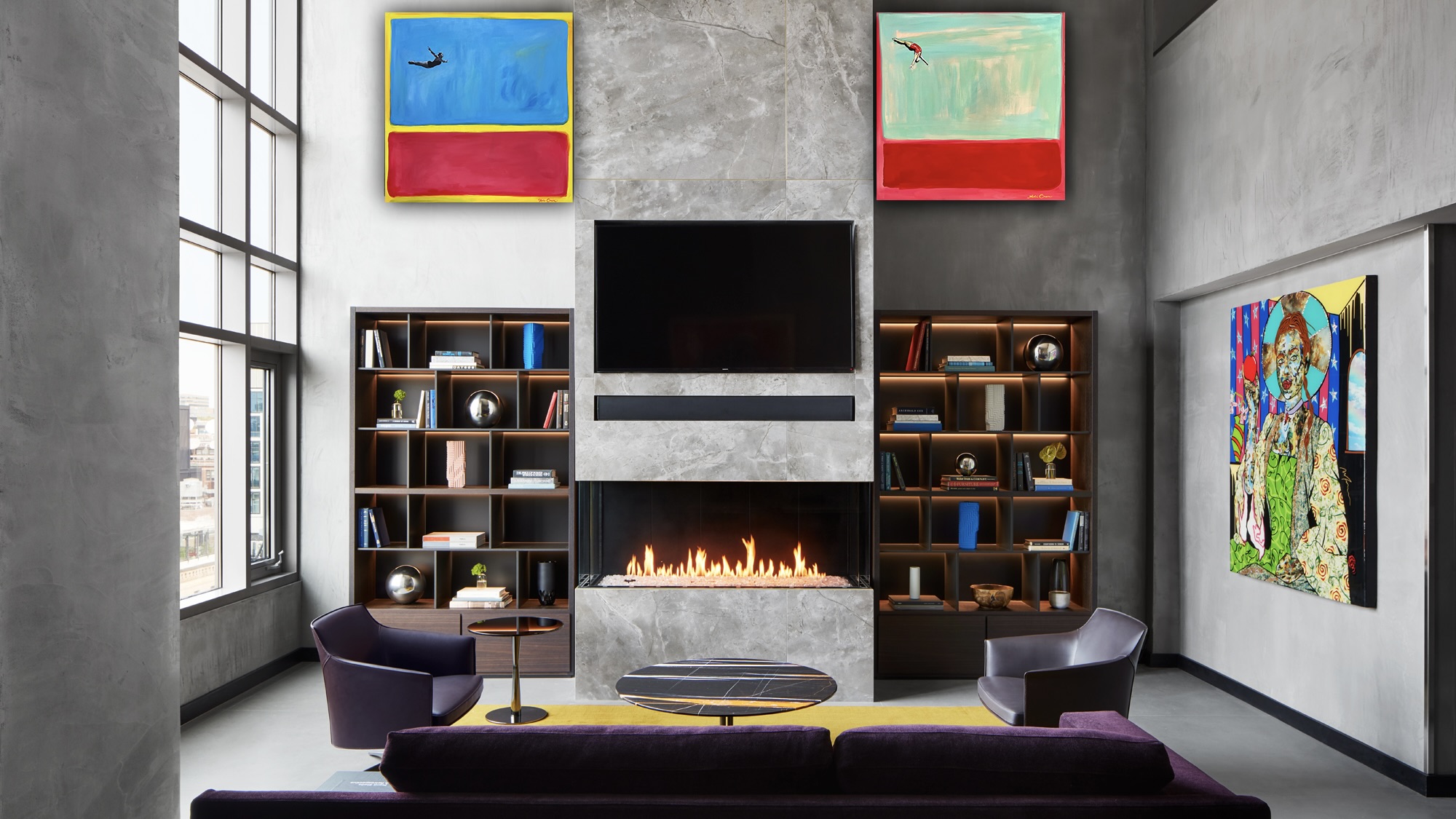 Wallpaper* checks into Gansevoort Meatpacking, an art-filled hotel that mirrors the district’s glow-up
Wallpaper* checks into Gansevoort Meatpacking, an art-filled hotel that mirrors the district’s glow-upThis sharp, stylish New York hotel is a fixture in its neighbourhood, where boutiques, restaurants and clubs have long since taken over spaces once occupied by slaughterhouses